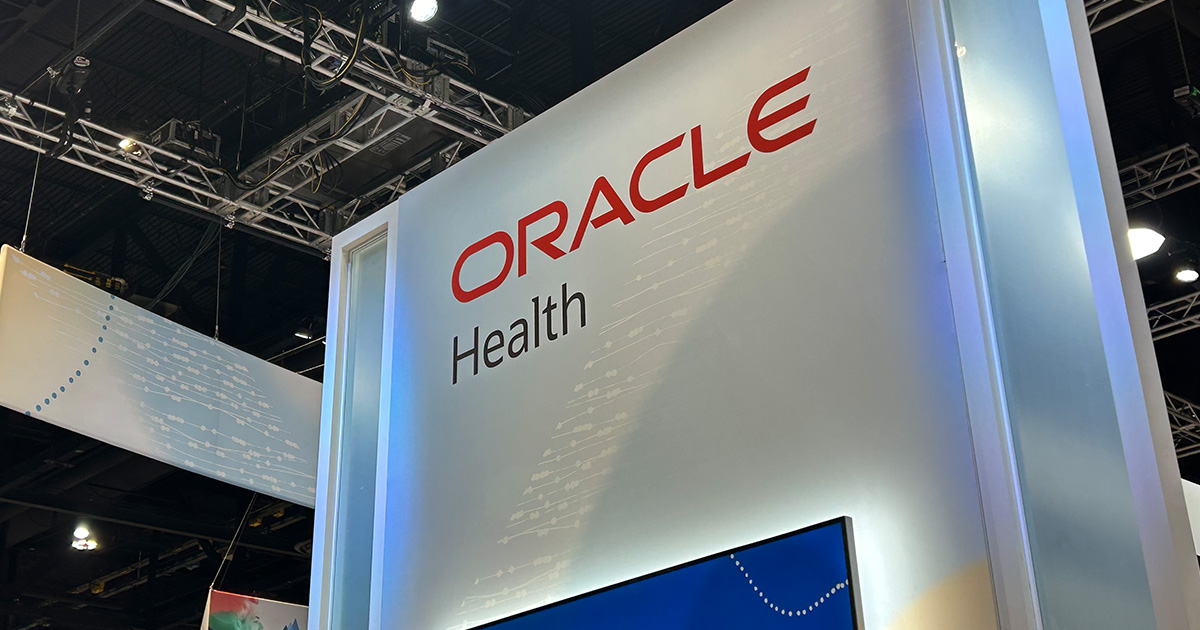
Health Level Seven International launched a new artificial intelligence office to foster the development of trusted, explainable, interoperable and scalable AI frameworks for healthcare.
WHY IT MATTERS
The initiative positions the organization to support the integration of AI across clinical, operational and research settings on a worldwide scale, HL7 said in its announcement Tuesday.
As a trusted global convener, HL7 is in a position to drive standards-driven AI innovation, according to Dr. Charles Jaffe, the organization's CEO.
"Artificial intelligence will fundamentally reshape healthcare delivery, evaluation and payment," he said in a statement.
HL7 also said that Dr. Daniel Vreeman is expanding his current role as chief standards development officer as the organization's chief AI officer, to oversee AI strategy, anti-fraud initiatives and regulatory and industry collaborations.
Under his leadership, the HL7 AI Office will focus on four strategic pillars designed to ensure that open standards become essential building blocks to AI transparency and seamless integration, including providing implementers with tools and best practices for AI deployment. The office will also develop an AI-ready interoperability stack, lead global health AI initiatives to align on standards, influence policy and accelerate responsible innovation, and incubate AI innovations, HL7 said.
"With AI poised to transform healthcare as we know it, we have an ambitious aim: to enable trustworthy, powerful AI that unlocks the potential for everyone to live in optimal health," Vreeman said in the statement.
THE LARGER TREND
If there is something huge on HIT's horizon, HL7 is typically on the trail to put that technology into providers' and patients' hands.
In a commitment to better healthcare worldwide, the organization first made its primary standards and other intellectual property available to license at no cost in 2013. Then, in 2016, it partnered with the U.S Department of Health and Human Services to support the development of document rendering technology so the organization's consolidated clinical document architecture standard would be easily readable.
Two years ago, HL7 agreed to collaborate with the World Health Organization to advance the adoption of advanced open interoperability standards – FHIR – with multilingual support available at no cost. The Assistant Secretary for Technology Policy likewise seeks to usher in more consistent use of FHIR across HHS. In its 2024 Draft Federal FHIR Action Plan, the agency catalogued all the ways federal agencies are implementing the standard.
While document exchange at scale throughout healthcare has long been established, FHIR at scale exchange outside of security perimeters is still a work in progress, according to Paul Wilder, executive director of CommonWell Health Alliance, a health information exchange.
Wilder explained that dynamic methods to accomplish mass deployment of security certificates, which must be accomplished for widespread healthcare data exchange using the FHIR standard, are still being tested.
"I'm hopeful this is a two-year project, not a two-decade project," Wilder told Healthcare IT News last year.
ON THE RECORD
"HL7 has led the way with FHIR and other foundational standards developed through global collaboration," Jaffe said in a statement. "This new AI Office extends our leadership as the vendor-neutral forum where the healthcare ecosystem comes together to build the future of health data and AI systems."
Andrea Fox is senior editor of Healthcare IT News.
Email: afox@himss.org
Healthcare IT News is a HIMSS Media publication.


